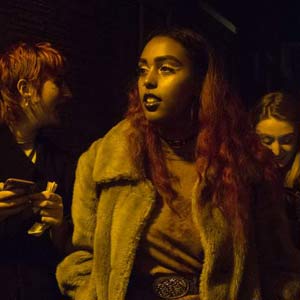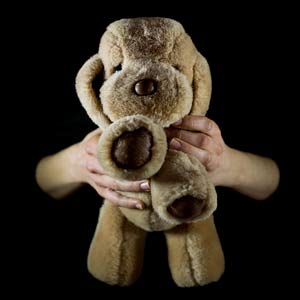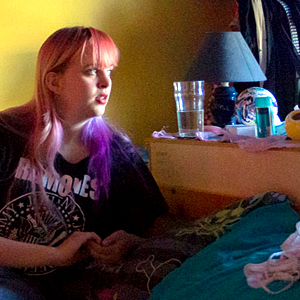London-based photographer Owen Harvey has been documenting the style and community of the contemporary Mod scene since 2012.
The Mod subculture emerged in the 1950s and hit its peak in the mid-60s.
“One of the first successful images I took in the series is still one of my favourites. It’s a close crop of a dancing torso,” says Harvey.
“The image illustrates the energy of the dance floor and a passion for the music. When you look a little closer you can also see how important the presentation of the clothing is, from the perfectly placed pocket square, down to the cufflinks.”

“My aim for the project was to learn and document how and why this interesting subculture exists today.
“At a time when many young people spend a lot of their lives online, I was interested in what turned this group of people on this scene - one which has evolved and changed over time.
“I was excited by how the people invested their time in something with heritage and longevity.
“Subcultures offer much more than what's at face value.They can comment on nostalgia, identity - and in some cases masculinity.
“Hopefully these images can offer an insight into other people’s lifestyle choices.”
Owen Harvey
The people in the clubs were playing music on vinyl - it was interesting and something I’d never seen.
We used to go out two or three nights a week.
We’d go to club nights up North.
In Sheffield a place called Pow Wow, which held legendary status, was euphoric.
The beauty of this whole scene is that it’s old but it’s also very contemporary in its own right.”


















